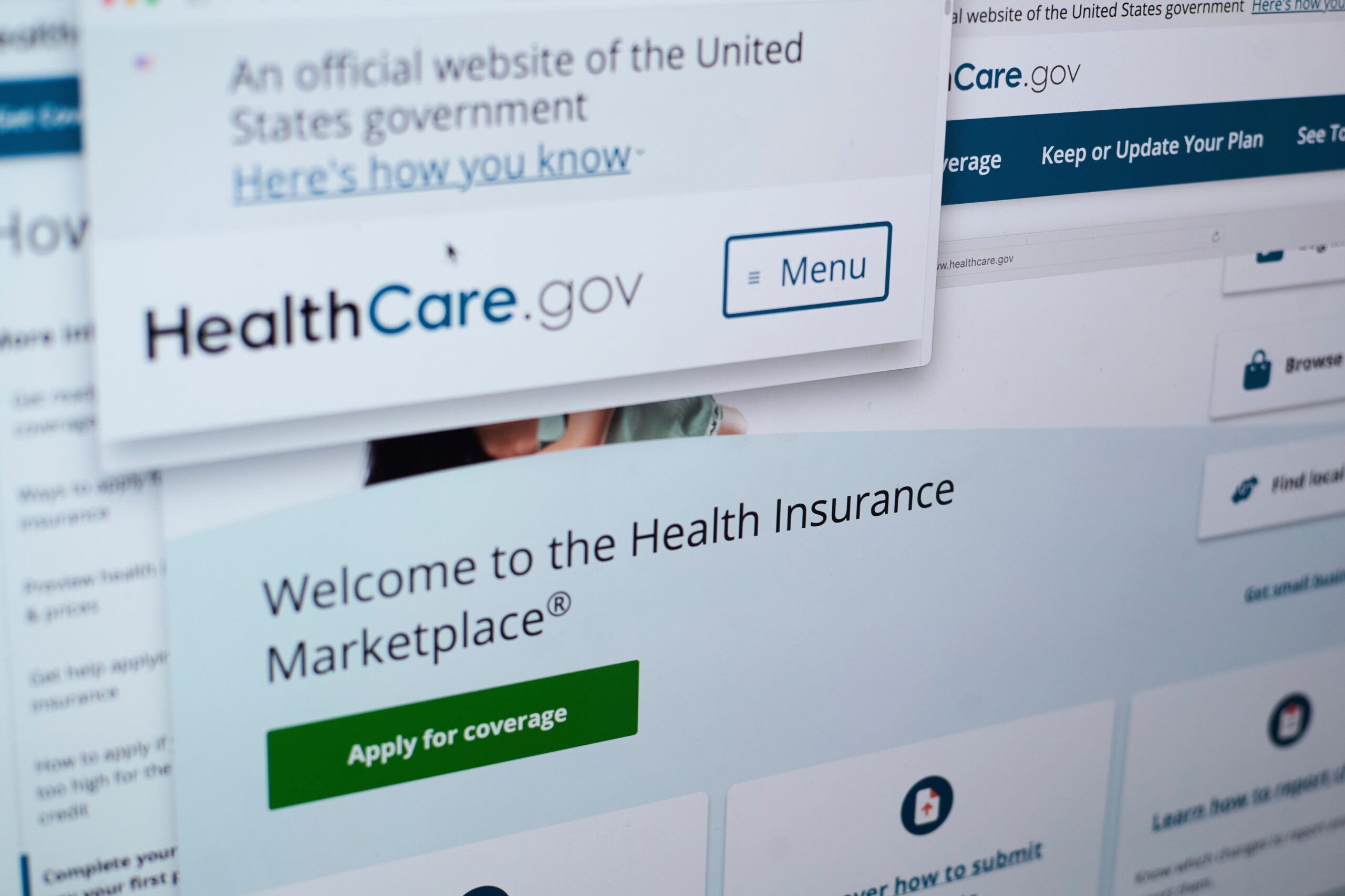Some Wisconsin insurers are waiting before selling coverage in the new online marketplaces this fall as part of the Affordable Care Act.
Others are getting in right away despite uncertainties about who their customers will be.
One of the challenges facing Wisconsin’s federally run marketplace is attracting enough healthy customers to balance out the sicker, more costly people. Linda Hoff is CEO of Physicians Plus Insurance, which will be offered through the marketplace. She says the federal government is overestimating the number of people who will actually buy insurance.
News with a little more humanity
WPR’s “Wisconsin Today” newsletter keeps you connected to the state you love without feeling overwhelmed. No paywall. No agenda. No corporate filter.
“Because it’s complicated [and] it’s costly, the ‘young healthies’ aren’t going to buy insurance. So we are going to see an uptick in the uninsured coming through ER. That’s going to put more pressure on raising costs everywhere else.”
Looking long-term, Mark Moody has the opposite prediction – the CEO of WEA Trust thinks the country’s medical costs will eventually go down.
“One of the criticisms of the Affordable Care Act – ‘Obamacare’ if you will – [is] reform didn’t do enough about cost. Well, there’s a lot in there that, given time, I think that will have a very salutary effect on the cost of health care.”
One such aspect of the Affordable Care Act is accountable care organizations, which are designed to get people – especially the chronically ill – the right care at the right time, when it’s less costly to do so.
WEA Trust will not be part of the online marketplace initially. Neither will WPS Health Insurance. CEO Mike Hamerlik says those customers are likely to need more health care:
“Not only might they be a sicker population, there is a significant pent-up demand for services.”
Several of the insurance CEO’s at the Madison forum predicted the final rollout of health reform might be difficult. Mark Moody from WEA Trust compared it to starting Medicare’s prescription drug benefit in 2006.
Wisconsin Public Radio, © Copyright 2025, Board of Regents of the University of Wisconsin System and Wisconsin Educational Communications Board.






